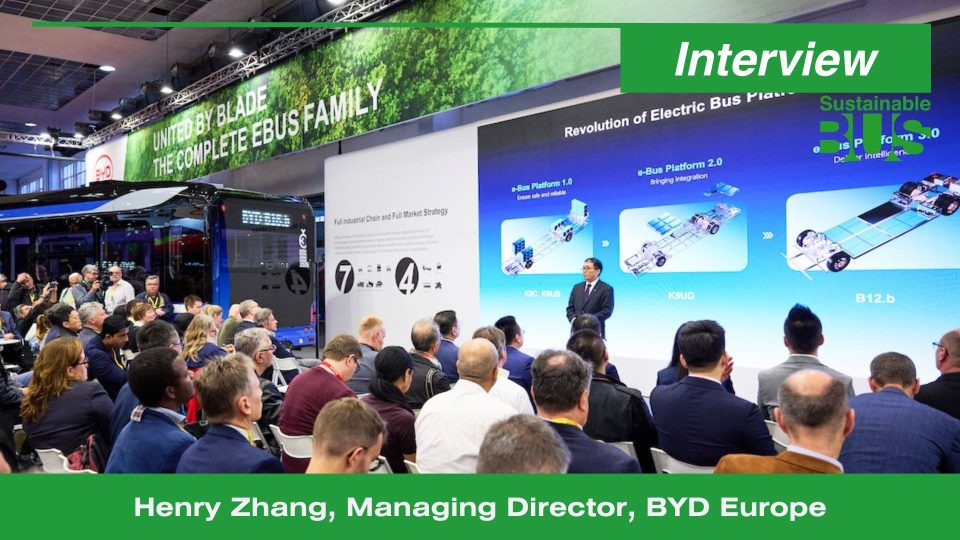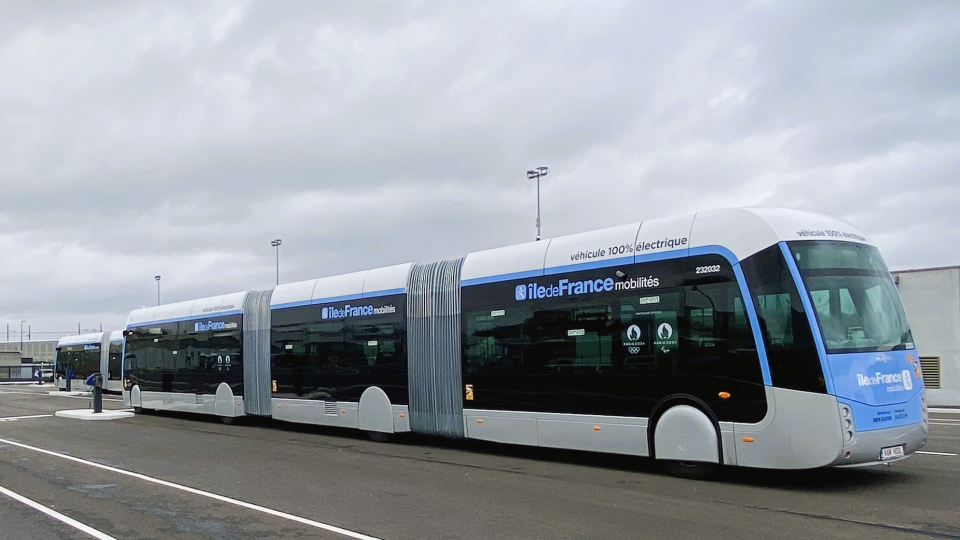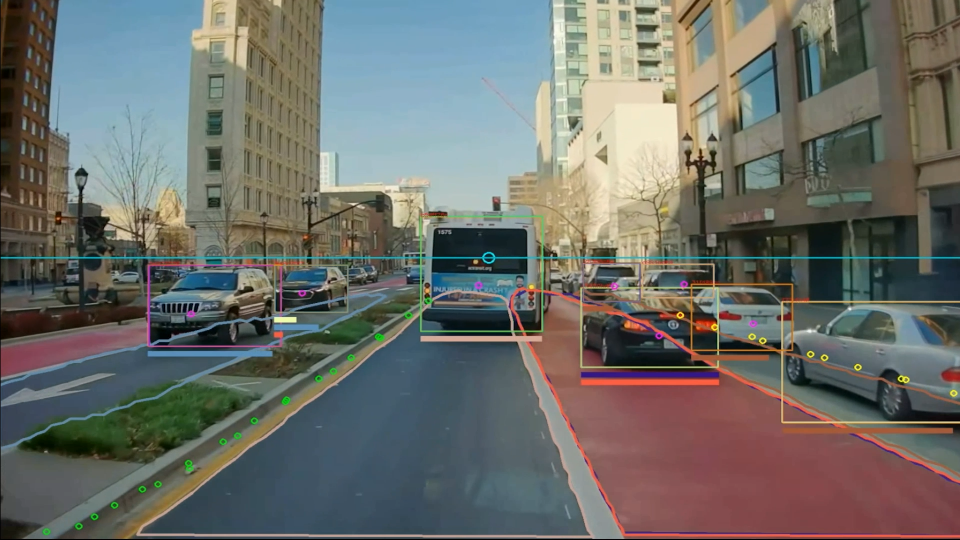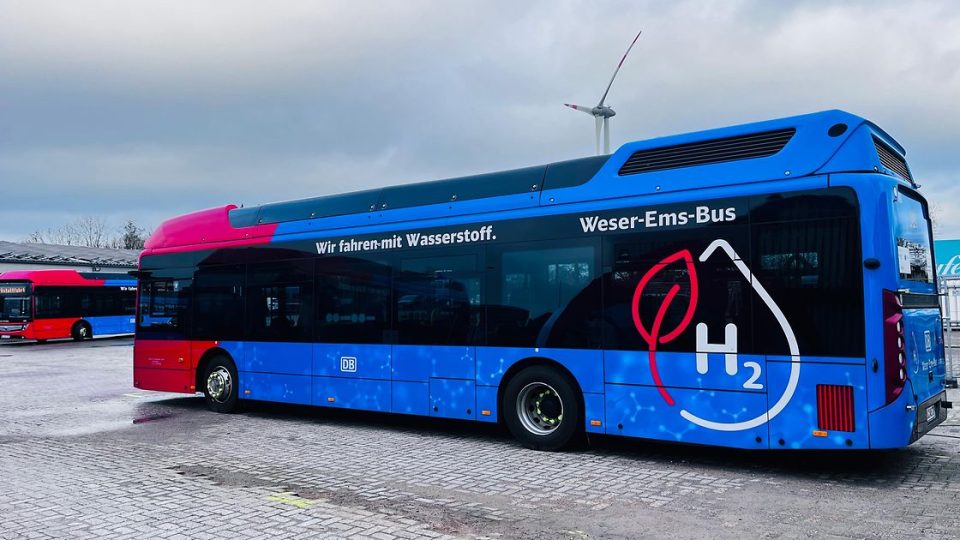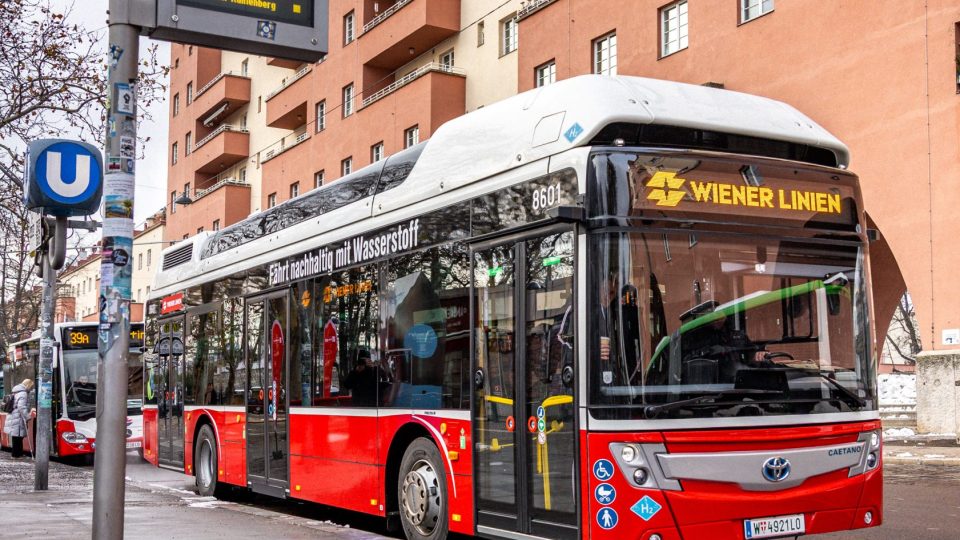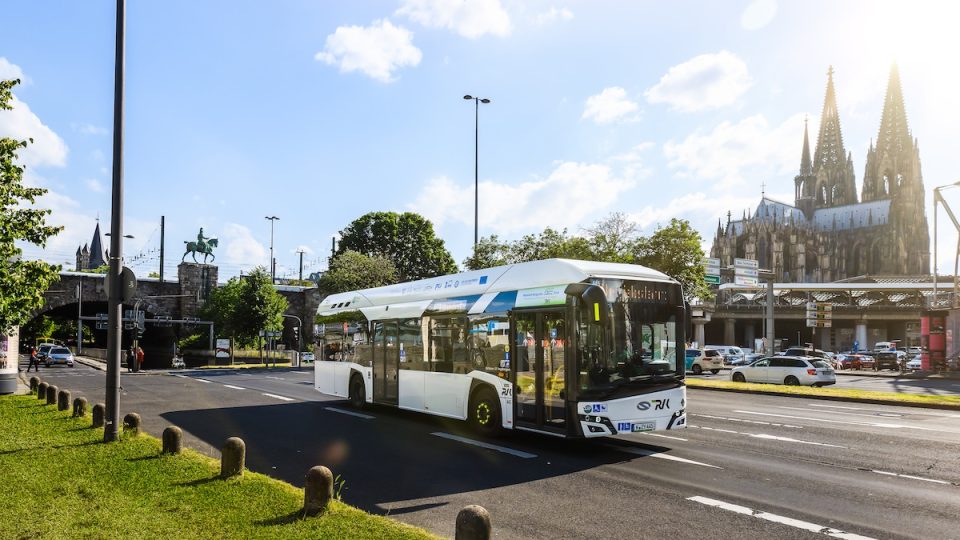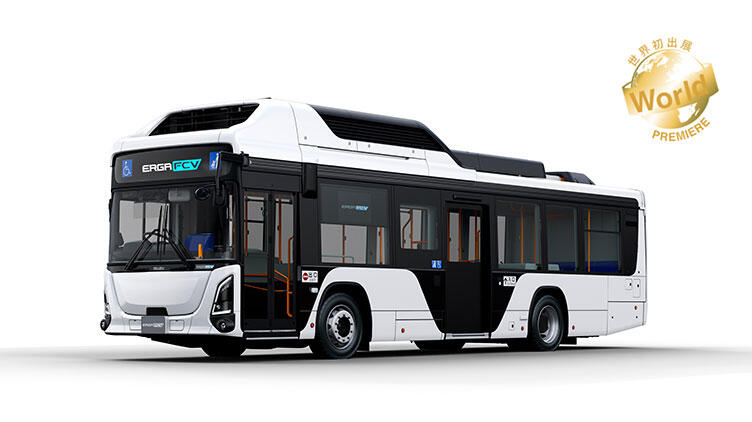TMB puts into service its first Solaris fuel cell bus out of 38-units order
TMB Barcelona has put into service the first fuel cell buses out of a 38-units order awarded to Solaris (36 12-meter and 2 articulated). The supply was formalized in early 2024. Unlike the buses from other manufacturers that have been put into circulation, this one will not be used on the X1 line, but has […]
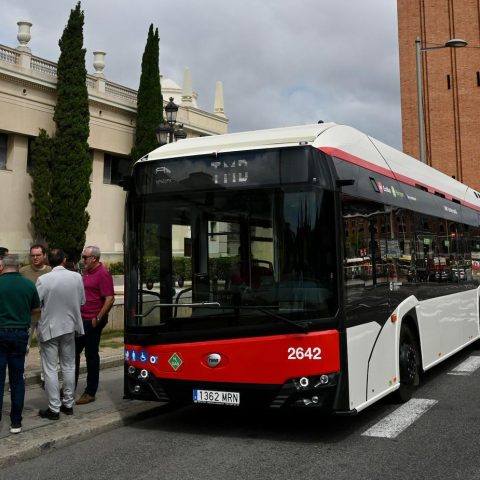
TMB Barcelona has put into service the first fuel cell buses out of a 38-units order awarded to Solaris (36 12-meter and 2 articulated). The supply was formalized in early 2024.
Unlike the buses from other manufacturers that have been put into circulation, this one will not be used on the X1 line, but has been assigned to the V19.
With the bus presented today, there are now 9 hydrogen vehicles circulating on the TMB bus network (from CaetanoBus) and in the next few months the rest will arrive until the fleet totals 46 hydrogen buses, TMB states.
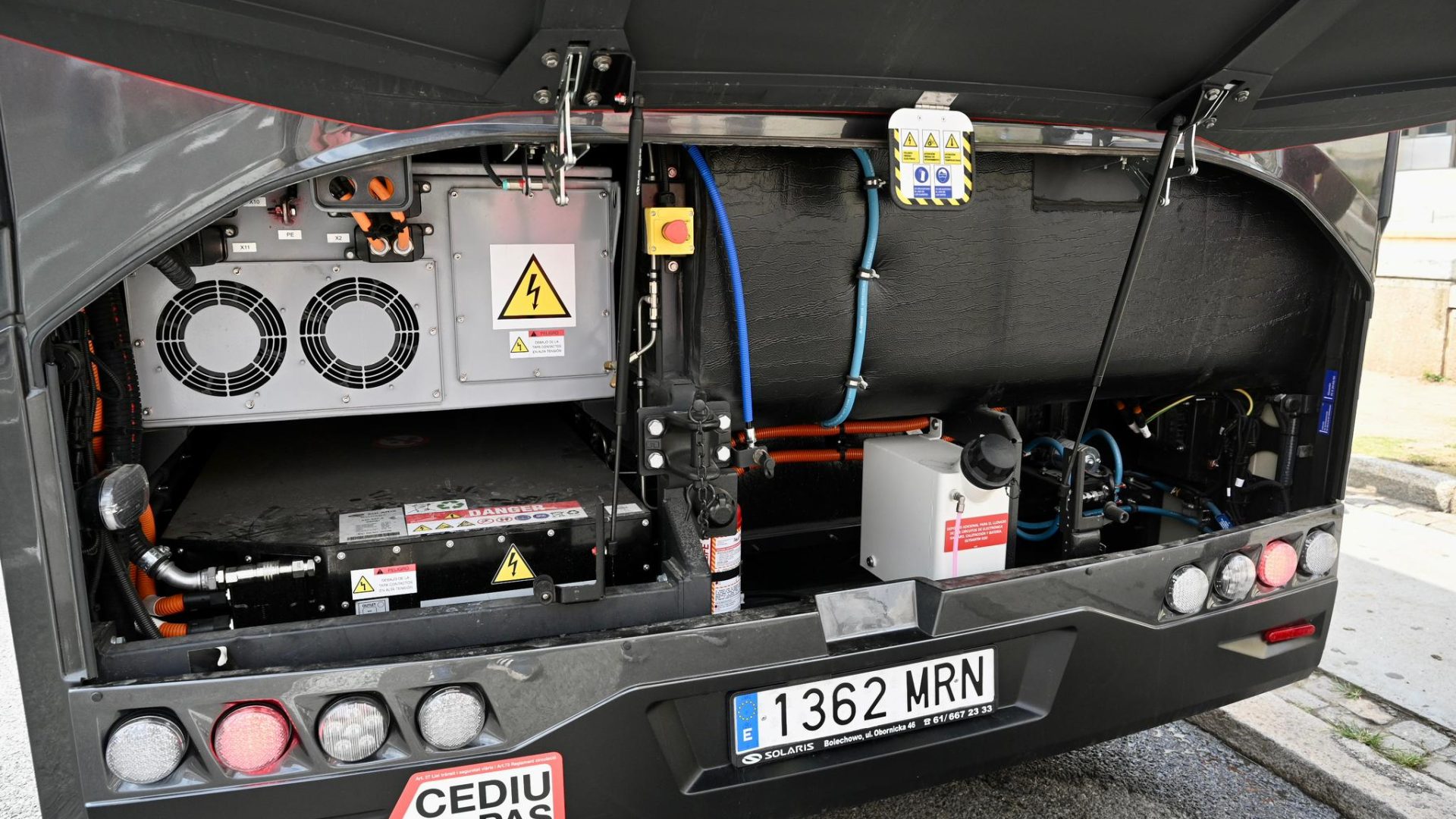
Solaris fuel cell buses coming to Barcelona
In this case, the contract was awarded at a cost of 1,799,800 euros and is subsidised by the JIVE2 project (the European project to promote hydrogen as a net energy source for public transport in Europe), for which TMB is the operator representing Spain. The JIVE project has deployed 298 hydrogen vehicles and 20 hydrogen refuelling stations in 6 EU countries, TMB says.
This new bus in circulation is the first of the purchase of 36 12-metre hydrogen buses awarded to the company Solaris Bus Ibérica for a total of 23,796,000 euros (model Solaris Urbino 12 fuel cell).

This is TMB’s largest acquisition of hydrogen vehicles and is financed by the Metropolitan Transport Authority (ATM) and the Ministry of Transport and Sustainable Mobility, within the framework of the Recovery, Transformation and Resilience Plan – Next Generation EU.
In addition to the 36 12-metre buses, TMB will incorporate 2 articulated vehicles from the same manufacturer, which will be the first hydrogen articulated buses to circulate throughout Spain.
The President of TMB, Laia Bonet, explained that by the end of 2024, TMB will have 46 hydrogen vehicles which, in addition to the 196 electric vehicles, “will enable 25% of the bus fleet to end the year with zero-emission vehicles. TMB was a pioneer in introducing the first hydrogen bus in Spain and continues to make a clear commitment to hydrogen”.

